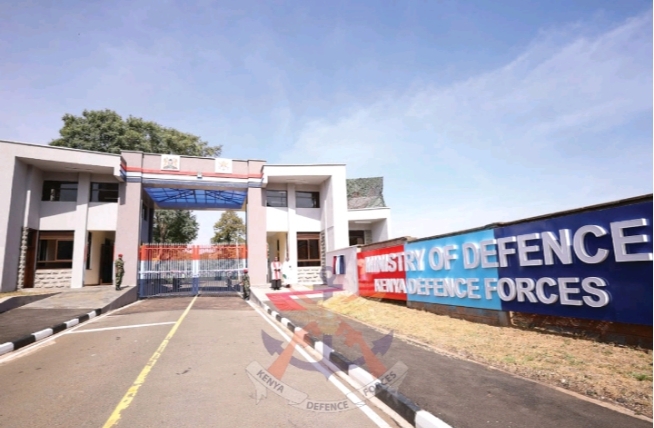Youth and women agri-entrepreneurs in Kenya will benefit from a Sh2.9 billion fund.
The African Development Bank Group (AfDB has approved an equity investment of Sh2.7 billion in the Africa Guarantee Fund (AGF) and another Sh183.7 million to support women and youth in agribusiness.
The funding, approved on June 6, 2023, was provided by the European Union (EU) under its partnership with the AfDB.
Nnenna Nwabufo, the Group’s Director General for East Africa said demand for Micro, Small, and Medium Enterprises (MSME) financing remains unmet in Kenya. This was aggravated by the disruptions of the Covid-19 pandemic.
The International Finance Corporation (IFC) estimates an SME finance gap of US$19.38 billion, representing 30 percent of the country’s GDP.
“The approval is another milestone in the implementation of the partnership with the EU, which also signals the importance given to the role of women and youth in the agricultural sector in Kenya,” said Nwabufo.
The World Bank’s Covid-19 Business Pulse Survey (BPS) shows that many potentially viable firms are still struggling.
The agriculture sector employs the largest number of Kenyans, especially in rural areas, and accounts for 60 percent of Kenya’s export.
Data by the Kenya Youth Agribusiness Strategy 2017-2022, shows 64 percent of the unemployed Kenyans are youth (18 to 35 years old), with the majority moving away from agriculture to fast-growing non-agricultural sectors in urban areas.
Nwabufo said women face many constraints hampering their access to finance and business growth.
These include lack of business management skills, legal, social, and policy barriers, poor access to networks and information, and inadequate financing options catering for their specific needs.
She further noted that banks often perceive women-led businesses as risky due to the low quality or number of assets for collateral and the generally smaller business sizes.
“Therefore, supporting women entrepreneurs and catalysing private investment in this segment are crucial measures to foster inclusive economic growth in Kenya,” she said.












